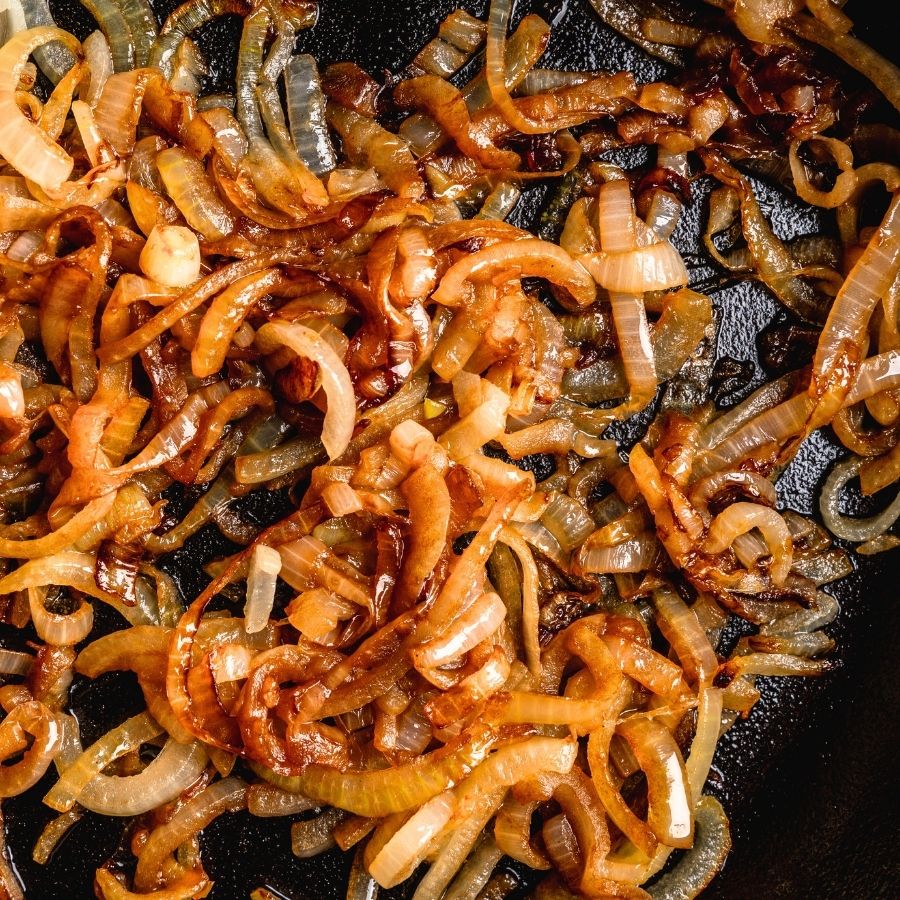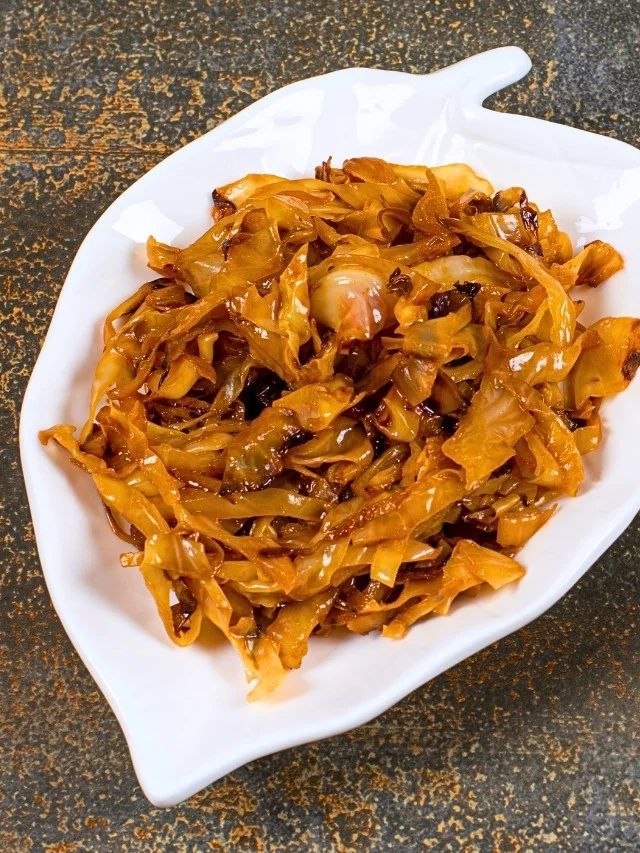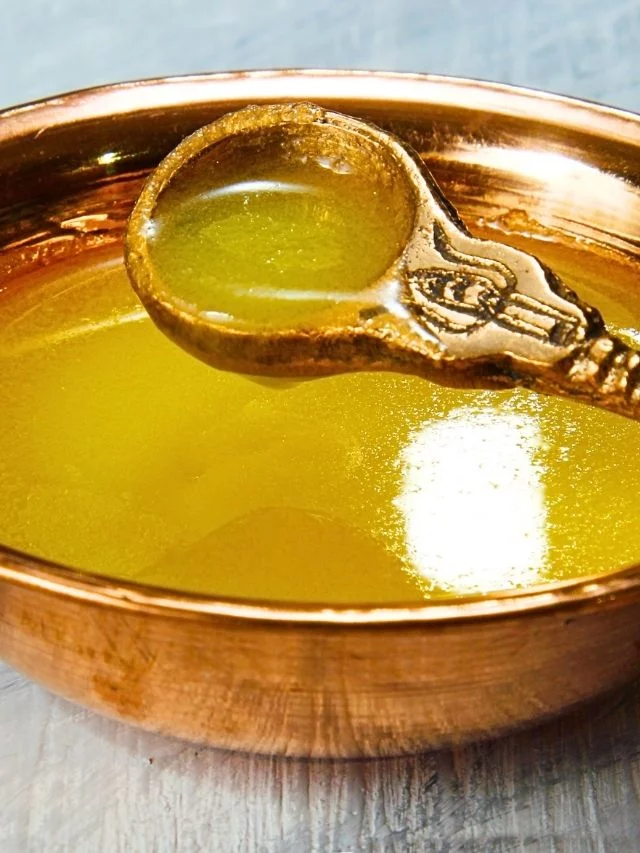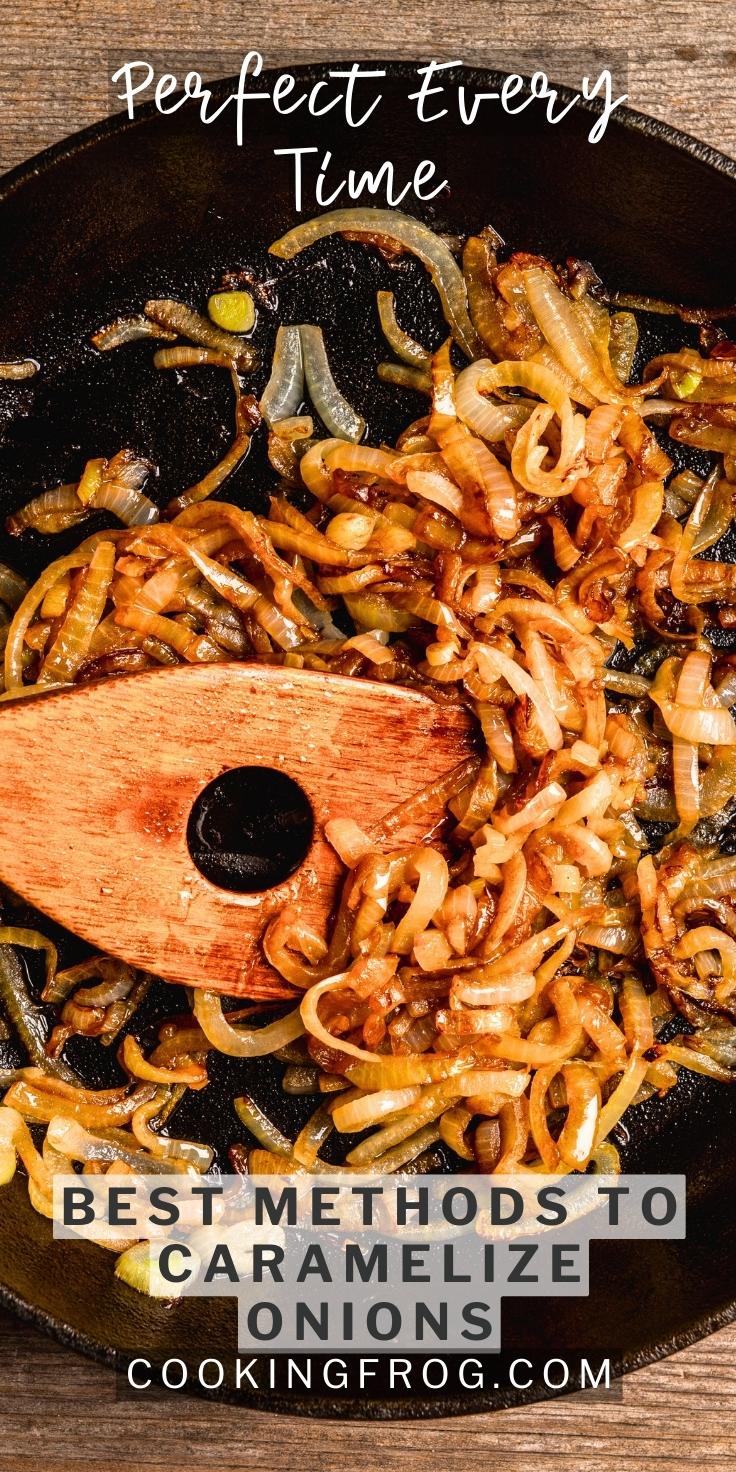Welcome to a world where simple onions transform into a culinary delight! Caramelized onions are a game-changer, adding a rich, sweet depth to your dishes. The process is straightforward but requires patience, allowing the natural sugars in the onions to develop into a beautiful golden brown.
This guide will take you through each step, providing tips to ensure perfect results every time. Ready to bring some extra flavor to your meals? Let’s start caramelizing those onions and discover just how delicious they can be!
Various Methods to Caramelize Onions
Caramelizing onions is a versatile process with numerous techniques to suit different preferences and time constraints. Here are a few popular methods:
- Quick Caramelization: Achieve a browned surface in about 15 minutes by cooking over high heat. This method yields a stronger, more intense flavor.
- Moderate Caramelization: A 30-minute method that balances flavor development with a shorter cooking time.
- Different Cooking Mediums: Onions can be caramelized in olive oil, butter, clarified butter, bacon fat, or other fats, each imparting its unique flavor profile.
- Varied Cooking Techniques: Caramelization can be done on the stove, in the oven, or even on a grill, each method producing different textures and flavors.
Each method offers distinct results, allowing you to tailor the process to your specific needs and preferences. In the next part, we’ll explore a slow stove-top method that draws out the onions’ natural sugars, creating a sweet, deeply flavored final product.
Quick Method to Clarify Butter
- Melt the Butter: Place unsalted butter in a heavy-bottomed pot and turn the heat to low.
- Remove Milk Solids: As the butter melts, use a metal spoon to skim off the creamy foam that rises to the surface. These are the milk solids.
- Check Clarity: Continue until the butter is mostly clear, with some minor spots remaining. This clarified butter is now ready for cooking.
Types of Onions for Caramelizing
Caramelizing onions can be done with various types, each bringing unique flavors and textures to the dish:
- Yellow Onions: The most popular choice for caramelizing due to their balanced flavor and sweetness when cooked.
- White Onions: These have a sharper taste, but when caramelized, they mellow out nicely and offer a slightly more pungent flavor.
- Red Onions: These add a touch of color and have a milder, sweeter flavor that becomes richer when caramelized.
- Sweet Onions: Varieties like Vidalia or Walla Walla are naturally sweeter and require less cooking time to achieve caramelization.
- Shallots: Smaller and more delicate, shallots caramelize quickly and offer a mild, sweet flavor.
Choosing the Right Onion
- For Intense Flavor: Yellow and white onions are ideal.
- For Sweetness: Opt for sweet onions or shallots.
- For Color and Mildness: Red onions are the best choice.
Each type of onion can bring a different twist to your caramelized creations, allowing you to tailor the flavor to your dish’s needs.
Uses for Caramelized Onions
- Spreadable: Perfect for sandwiches or pizzas.
- Versatile Addition: Enhance hors d’oeuvres, soups, stews, dips and sauces.
- Toppings: Excellent on sausages, burgers, hot dogs, and steaks.
- Mix-Ins: Stir into mashed potatoes, pasta, or risotto for added flavor.
- Breakfast Boost: Add to omelets, frittatas, or breakfast burritos.
- Direct Enjoyment: Occasionally delicious on its own by the spoonful!
How to Caramelize Onions
Ingredients
- 3 large onions: Peeled and thinly sliced
- ¼ cup unsalted butter: Clarified for optimal caramelization
- Salt and pepper: To taste
Instructions
- Clarify the Butter:
- Add butter to a heavy-bottomed pot over low heat.
- Melt and skim off milk solids using a metal spoon until the butter is clear with minor spots.
- Caramelize the Onions:
- Increase heat to medium-high and add sliced onions.
- Stir every couple of minutes for the first 15 minutes with metal tongs.
- Reduce heat to medium, stirring every 4 minutes for the next 15 minutes.
- Lower heat to low, stirring periodically with a wooden spatula, incorporating browned bits from the pan.
- Final Steps:
- Continue cooking for a total of 1 hour and 15 minutes to 1 hour and 45 minutes until onions are deeply browned and reduced in size.
- Season with salt and pepper to taste.
If you enjoyed this recipe, why not spread the joy? Share it on your Pinterest board so others can discover the deliciousness of caramelized onions too! Also, see some delicious caramelized onion variations below.
Variations on Caramelized Onions
Caramelized onions can be customized to suit different flavors and dishes. Here are some exciting variations:
- Balsamic Caramelized Onions: Add a splash of balsamic vinegar during the final 10 minutes of cooking for a tangy, sweet finish.
- Herbed Caramelized Onions: Stir in fresh thyme, rosemary, or sage towards the end for an aromatic twist.
- Spicy Caramelized Onions: Include a pinch of chili flakes or a dash of hot sauce to add some heat.
- Honey-Glazed Caramelized Onions: Drizzle a bit of honey during the last few minutes of cooking for extra sweetness.
- Wine-Infused Caramelized Onions: Deglaze the pan with a splash of white or red wine midway through cooking to add depth and complexity.
- Garlic Caramelized Onions: Add minced garlic in the last 15 minutes of cooking for a savory, garlicky flavor.
- Maple Caramelized Onions: Use a touch of maple syrup for a rich, autumnal sweetness.
- Asian-Inspired Caramelized Onions: Add a splash of soy sauce and a bit of ginger for a unique, savory flavor profile.
- Beer-Braised Caramelized Onions: Deglaze with beer for a hearty, robust flavor.
- Mustard Caramelized Onions: Stir in a spoonful of whole-grain mustard for a tangy, slightly spicy variation.
Notes
- Cooking times may vary based on the pan’s thickness and heat levels.
- Periodic stirring ensures even caramelization and prevents burning.
Additional Tips
- Storage: Store in an airtight container in the refrigerator for up to a week or freeze for longer shelf life.
- Reheating: Reheat gently on the stove or microwave to retain texture and flavor.





